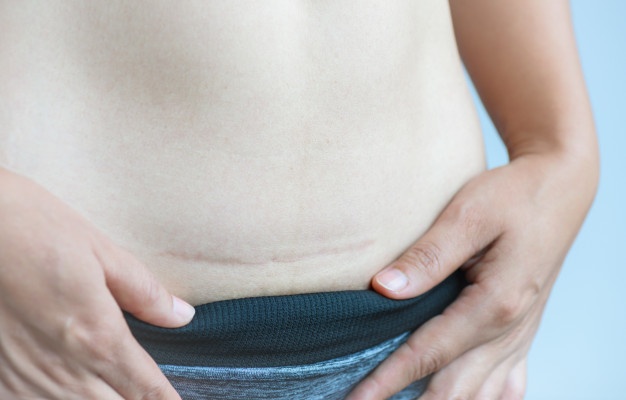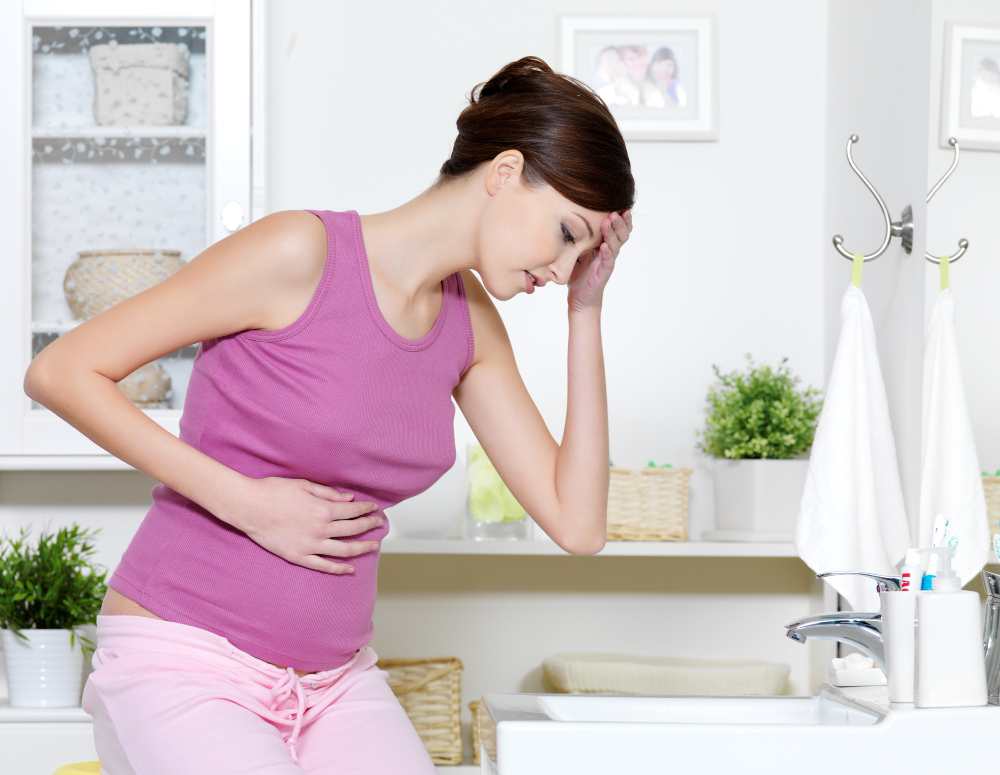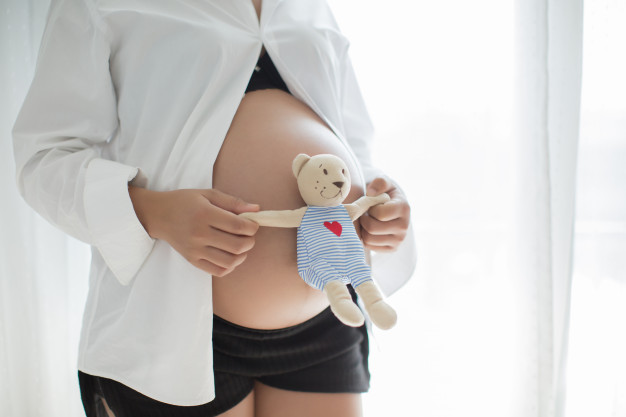If you have planned a c-section, you have probably done your research. You understand what a c-section means and the choices for making it more comfortable. Maybe you also went online to watch some videos and curate your playlist. However, people forget that this is still a major operation. Because they get their little one at the end, and as a result, they do not know the small and big things that sometimes happen when you undergo this form of procedure.
You may get the shivers.
If you have a spinal block, you can experience spasms, which is a common side effect of the drug. It can appear odd, but “it isn’t excessive.” It is more like a “light shiver,” and when the anaesthesia wears off, it should go away.
You Could Experience Some Tugging
Your caesarean will be painless due to the anaesthesia you will get, but you will always feel something. Anaesthesia is meant to strip away discomfort, sharpness, and pinching, but you will always be able to feel contact. If your baby has been curling up near your rib cage, you can feel a pressing and tugging sensation as your doctor eases the baby out of the belly.
You’ll Probably Feel Cold
Although it is normal to assume, you are cold because the room is cold (after all, operating theatre temperatures are typically low to keep things sterile). For c-sections, doctors often increase the temperature to accommodate the arrival of the new baby. But the real reason you are cold is that you have been numb from the waist down, partially naked, and lying still for 30 minutes—and it only gets colder when the surgical drapes are removed at the end of surgery. Do not be afraid to speak up; you can usually get warm blankets to keep you warm.
You will receive a Postoperative Leg ‘Massage’.
At least in a way, your legs will be fitted into sequential compression devices (SCDs), that inflate and deflate to boost circulation and avoid blood clots. As a result, it can resemble a massage. SCDs are always worn before surgery and remain on for most of your stay, except for when you go for a stroll, which is another safe way to avoid clots and keep your blood circulating.
Related Topic: Frequent urination is a big problem in pregnancy. Why is it so? And how to deal with it?
You’ll Get a Vaginal Wash After Your Surgery
This might catch you a little off guard, you will receive a vaginal wash after the c-section. Even though your vagina was not the baby’s escape route, it is still a vital part of your recovery. It is essentially a post-delivery peri-bottle wash and dry-cloth pat down to clean up any blood that could have leaked during the surgery (more on that below). If your labour began vaginally but was switched to a c-section, you could experience more bleeding and, as a result, need more washing. A small sponge may be inserted to clean the inside of your vagina in this situation, to prevent or reduce the risk of infection.
There Will Be Blood
Since the vaginal cavity is swept clean at the time of your operation, you will not experience as much postpartum bleeding as you might for a vaginal birth, however, bleeding can still occur. It is how the uterus cleans itself after giving birth, and it is perfectly natural. After the placenta has separated, the uterine wall is healing. Hormone variations cause changes in the blood vessels. The thick lining that grew to protect your baby during pregnancy is shedding. But do not worry: any bleeding should only last six weeks.
Related Topic: These 7 things a pregnant women never want to hear
Stool Softeners: Your New Best Friend
Pooping can be difficult after a c-section because pushing is difficult when the abdomen is tender and sore. Even though your abdominal muscles were not cut during the procedure, it is still engaging your vulnerable heart. Plus, it is hard not to believe that pressing could bust your abdominal stitches (though it will not, even though everything feels like it is opening). That is why doctors strongly advise taking stool softeners after childbirth to help you get back into your normal routine. Drinking plenty of water and getting out as soon as possible after the c-section would also help with the poop situation.
Other than this you might have gas pain- in your shoulders. Also coughing and sneezing will be torture and your new surgery scar might freak you out. But you will slowly heal, and all the pain will fade soon.
It is a good idea to get up and walk around as soon as humanly possible. Yes, walking might be the last thing in your mind, but it will be beneficial, it also aids in the prevention of blood clots. Getting out of bed every few hours should be a priority. Instead of using a bedpan, go to the bathroom and help yourself as you walk up and down the corridor. But do not force yourself beyond limits.
Happy Healing!
You May Like:
WHEN TO STOP WORKING DURING PREGNANCY?
As your due date approaches, you might be wondering when to stop working and begin your maternity leave. This decision is based on several considerations, the most important of which are your medical, economic, and personal circumstances. Read More:











